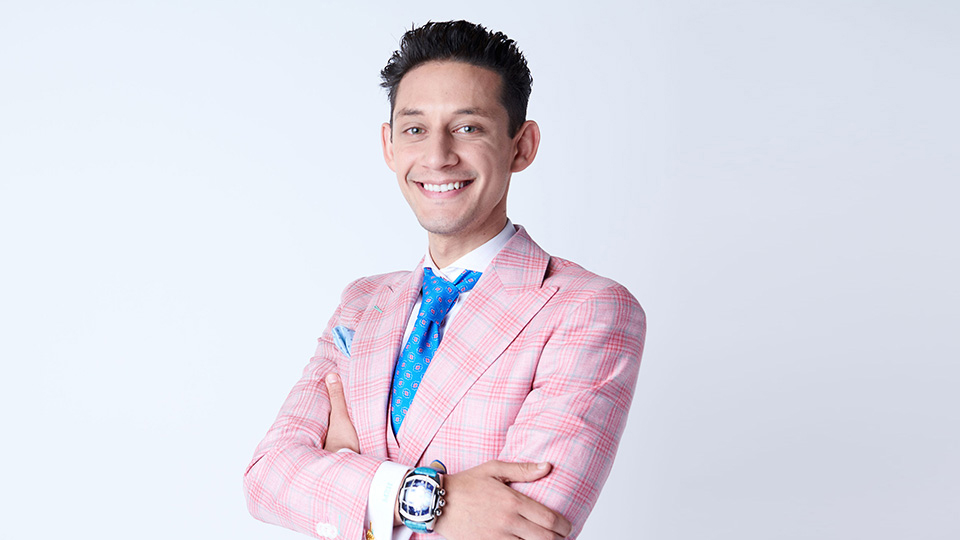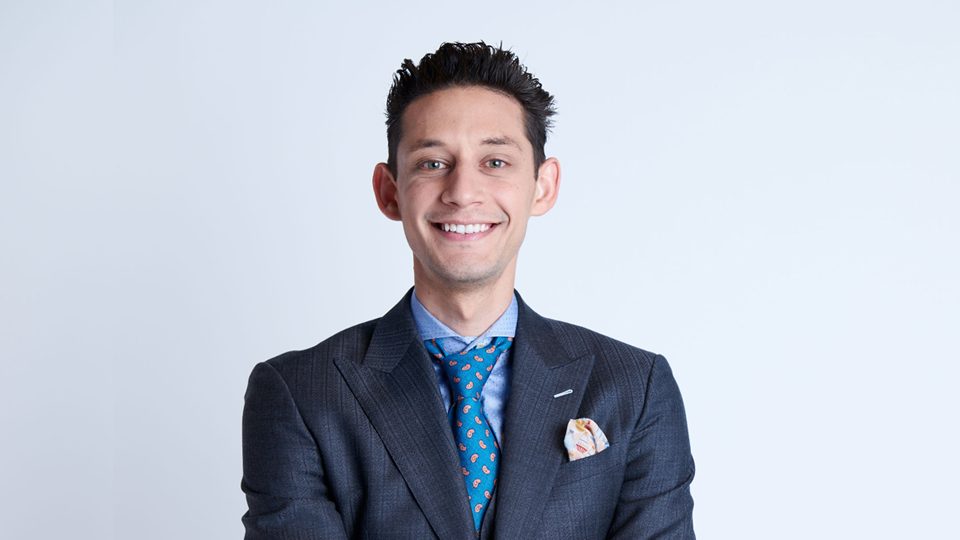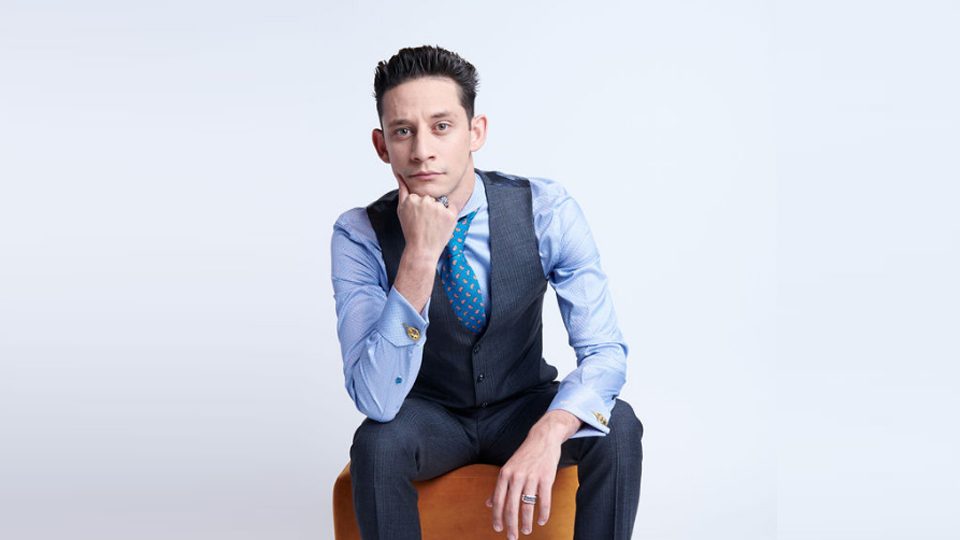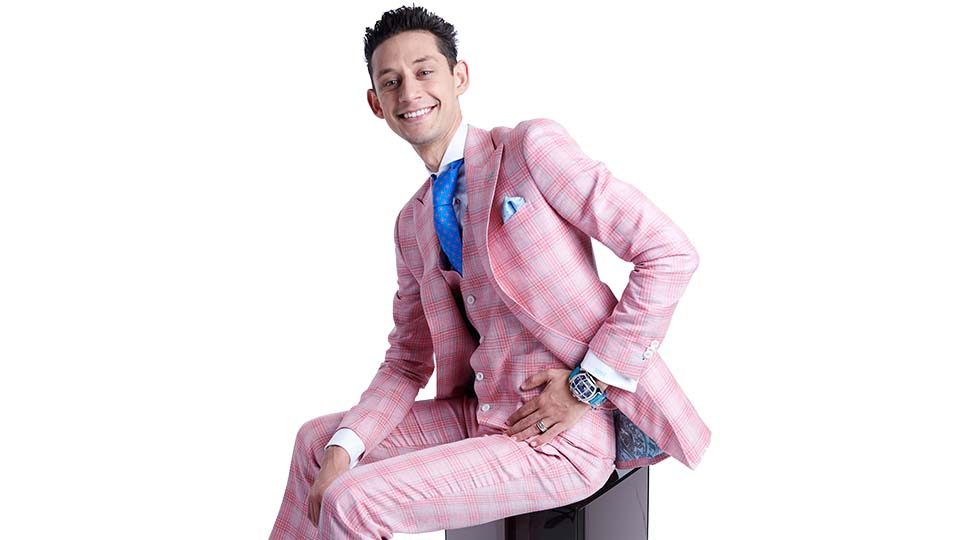3 Legendary Traders

Examples That You May Lose Money Trading Forex
May 1, 2020
Exponential Moving Averages (EMA’s): How to Use one of the Most Simple and Accurate Indicators in Forex
June 3, 20203 Legendary Traders you’ve probably never heard of and how you can use their and how you can use their philosophies and strategies to become a more Profitable Trader
Do you remember that movie “The Big Short?”
You know the one made back in 2015 with some A-list celebrities like Steve Carell, Brad Pitt, Ryan Gosling, and Christian Bale? Heck, even Selena Gomez, Anthony Bourdain, and Margot Robbie made some cameo appearances. Overall I’d have to say it was a damn good movie. It was funny, quirky, interesting, and most importantly, educational.
If you never got to watch the movie, basically it’s a film that follows the individual stories of 4 different investors/groups that predicted the Financial Collapse of the US Economy back in 2008 years before happened. These guys saw it coming because they realized almost every major financial institution and bank was buying and selling crappy debt. In other words,
banks were handing out loans to people who couldn’t afford to pay them off and so when they “defaulted,” or couldn’t pay back the loan, the
This resulted in a “housing bubble” which was the worst economic crisis we’ve experienced up to that point since 1929 and the great depression.
Trader 1: Michael Burry
Now, I was so interested in the story that I didn’t just watch the movie, but I also read the book. And the guy who interested me most was “Mike Burry,” the real guy who was played by Christian Bale.
In the movie, he was weird, socially awkward, had one real eye, one glass eye, managed hundreds of millions of dollars for investors but would

regularly show up to work in a t-shirt and shorts, and would blast heavy metal in his office to relieve stress.
I was shocked to find out that the man Christian Bale portrayed in the movie was accurate. Mike was an interesting cat. For all of his weird tendencies, he more than made up for it in brains.
Through all of his calculations and research (which he did a lot), he predicted the crash of “mortgage-backed loans,” and “shorted” or bet against the entire market. His theory proved right and a few years later that netted his investors 489%. Do the math, on hundreds of millions of dollars, that’s A LOT.
I’ll be the first to admit, Mike is one smart dude, like insanely smart. So, it’s
unlikely you and I can keep up with him in that department. I mean the dude was an actual Doctor of medicine for funnies. However, we can learn something from him and apply it to our trading. The fact that we aren’t like Michael Burry is a good thing.
To quote the book “The Big Short,”
“Burry did not think investing could be reduced to a formula or learned from any one role model. The more he studied Buffett, the less he thought Buffett could be copied; indeed, the lesson of Buffett was: To succeed in a spectacular fashion you had to be spectacularly unusual. “If you are going to be a great investor, you have to fit the style to who you are,” Burry said. “At one point I recognized that Warren Buffett, though he had every advantage in learning from Ben Graham, did not copy Ben Graham, but rather set out on his path, and ran money his way, by his own rules…. I also immediately internalized the idea that no school could teach someone how to be a great investor. If it were true, it’d be the most popular school in the world, with impossibly high tuition. So it must not be true.”
This is probably the best news you’ve gotten all year. You can be 100% you and unique and different and it will play to your favor in terms of investing. Matter of fact, the more different you are, the more likely you will succeed. So don’t try to play the game like everyone else. The more you see people investing in 1 way, you invest in the other.
Trader 2: Bill Lipschutz
Sadly, this guy doesn’t have a movie made after his career and success, heck, I had a hard time finding photos of the dude. Still, if he had a movie, but it’s one I’d damn well watch.
Bill was born in 1956 and raised in New York. From a young age was interested in math and numbers. He was smart enough to earn an education at Cornell. During his time at Cornell, his grandmother died, leaving him a whopping $12,000 in stocks. by my calculations, this was around 1975ish. in
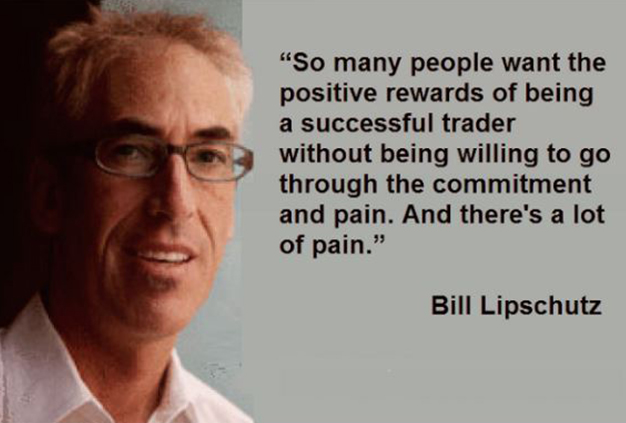
today’s money, based on inflation that $12,000 would now be worth $62,000.
Bill figured he was smart enough to manage his stocks instead of letting someone else manage them and throughout his college career, he was able to turn that $12,000 into a whopping $250,000. That would be the equivalent of $989,000 in today’s money. Just shy of a million dollars by the time you graduate college? Heck, I’d get a bit cocky too.
And then… he loses it all. Classic. Just when a trader begins to think they’re smart, is when they’re most vulnerable and the markets will remind them
that no matter how smart they are, there’s always a guy out there who’s smarter.
That didn’t deter him, he was hooked. In the year 1982, he went to work full-time for Salomon Brothers and joined their trading team. Interestingly
enough, this was around the same time that the Foreign Exchange markets began to explode in popularity. It was perfect timing because he was at the forefront of a new market and had already experienced some serious personal losses which allowed him the “level-headedness” to trade these markets well.
This is the part where Bill becomes famous. By 1985, Bill was making 300
million dollars per year for Saloman Brothers. But how did he do it?
I wish I could sit down and talk to the guy because then I would have real insight, but instead, we will quote the man and see if there’s anything he can teach us by what he previously said.
Heres a short list of Key Tenets by Bill:
“If most traders would learn to sit on their hands 50 percent of the time, they would make a lot more money.”
“It’s very difficult to be different from the rest of the crowd the majority of the time, which by definition is what you’re doing if you’re a successful trader.”
“I don’t think you can consistently be a winning trader if you’re banking on being right more than 50 percent of the time. You have to figure out how to make money being right only 20 to
30 percent of the time.”
“When you’re in a losing streak, your ability to properly assimilate and analyze information starts to become distorted because of the impairment of the confidence factor, which is a
by-product of a losing streak. You have to work very hard to restore that confidence, and cutting back trading size helps achieve that goal.”
“Always understand the risk/reward of the trade as it now stands, not as it existed when you put the position on. Some people say, “I was only playing with the market’s money.” That’s the most ridiculous thing I ever heard.”
How’s that for trading wisdom? I’m under the impression that if you just follow these rules, you would come out a highly-successful Forex trader yourself. Write these quotes down, commit them to memory because they will serve you and your trading for a lifetime.
Trader 3: Stanley Druckenmiller
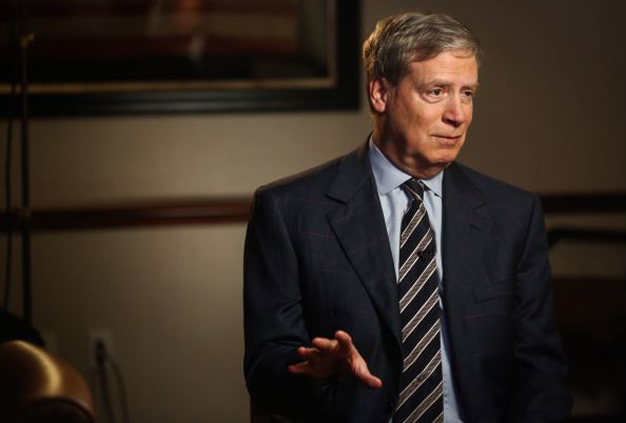
Finally, one investor I share something in common with, Stanley is a dropout just like me. However, we differ in the fact that he dropped out a Ph.D. program while I dropped out before college. The good news is, that after studying all of the greatest traders throughout history, they come from different backgrounds and levels of education.
I believe the ONLY education that matters is the personal education you’re willing to do now, to become a better trader. Everything from the books you read to trades you make to the people you hang around and more.
Back to Mr. Druckenmiller. I won’t give you the entire history of this fella because of the 3 investors I’ve mentioned I would say there’s more info online about this guy than the rest of them. So, I won’t dive into the details of his life too much (you can do that for yourself), but I will say that smart investment decisions have made this man very very rich. Like 4.7 billion dollars rich at the time of retiring.
That’s a lot of cheese and you don’t just make that type of money without being a sound investor. Is it true that this guy is different from the other two? Of course, and he may be a lot different and even have some different trading strategies. But I’m beginning to realize that Mike Burry was right when he said, no two successful investors can be the same.
So where is Druckenmiller different from the majority of “financial heads” in the world? May I quote the fella?
“The first thing I heard when I got in the business, not from my mentor, was bulls make money, bears make money, and pigs get slaughtered…”
And the guy’s got a point. Last time I checked, I’m either right or wrong. I either long the market pair or short it, but I don’t want to be a sucker, or “pig” in his terminology.
He goes on to finish that previous sentence with this,
“I’m here to tell you I was a pig. And strongly believe the only way to make long-term returns in our business that are superior is by being a pig. I think diversification and all the stuff they’re teaching at business school today is probably the most misguided concept everywhere.”
So whereas one trader would tell you NEVER to put all your eggs in one basket, Druckenmiller operates by a completely different trading strategy. And maybe he was just lucky. Maybe he did toss all his eggs in one basket and made out handsomely… but what if he was wrong and lost all his eggs? Would we still be reading his “investment advice” there?
Either way, I know this. Toss all of your eggs in one basket and you’ll either be colossally right and considered a genius, or, colossally wrong and considered a fool.
BIG BETS don’t make you any smarter if you win them and don’t make you any less suicidal if you lose them, they just mean you’r willing to play with fire more than the other guy.
I think it’s a good thing to incorporate a bit of risk management into your trading strategy but that’s just me. I may not walk away a billionaire but I won’t walk away a poor man either.
So what have we learned from all three of these fellas? If they’re all so radically different in their trading styles? Probably the most cliché thing
you’ve ever read. Don’t quit. I know for a fact that each of these fellas has made good money and lost good money. I know that each of them has experienced the terrors of a trade going the other way and I know they’ve all had a few sleepless weeks.
They still decided to show up and trade the next day and that’s what separates legends from losers.

